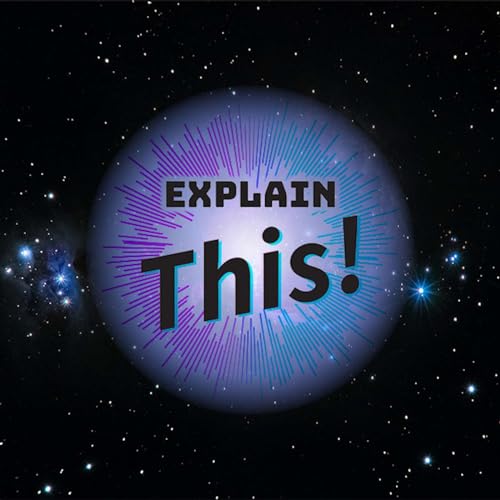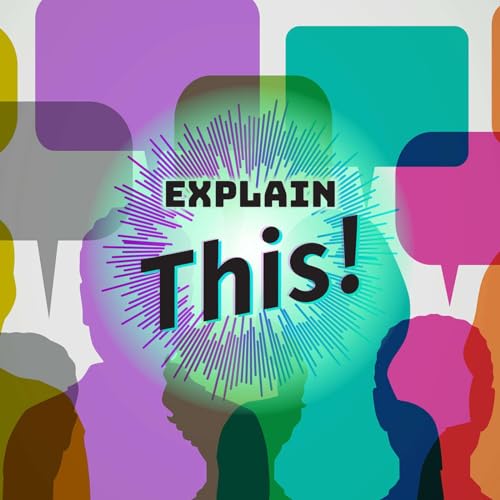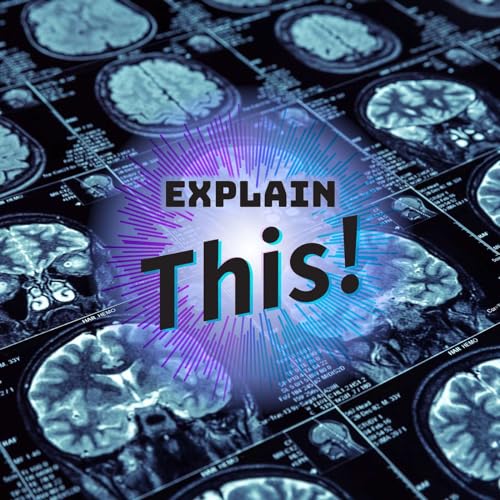Have you ever stopped to wonder how many alcoholic beverage ads you encounter in a day—on the bus or on TV, at the movies or a sports stadium? What about how many alcohol products—like the much-discussed Dunkin’ Spiked drinks—are styled to look like their nonalcoholic counterparts? How about how much less you’d drink if you weren’t constantly bombarded with all those alcohol ads?
The tactics used by alcohol companies to sell their products—and how many of those ads might end up appealing to children—are a big focus of David Jernigan’s research. A Boston University School of Public Health professor of health law, policy, and management, his goal is to raise awareness of alcohol as a public health hazard. The way it’s advertised, sold, talked about, and idealized, he says, can lead to increased rates of car accidents, substance use disorder, and mortality—risks that are exacerbated in underage drinkers.
For the latest episode of Explain This!, host Alene Bouranova sat down for a conversation with Jernigan, asking him how underregulated alcohol marketing can compromise collective safety, and what can be done to prevent further damage.
 May 1 202415 mins
May 1 202415 mins Apr 1 202418 mins
Apr 1 202418 mins Mar 1 202423 mins
Mar 1 202423 mins Feb 1 202421 mins
Feb 1 202421 mins
